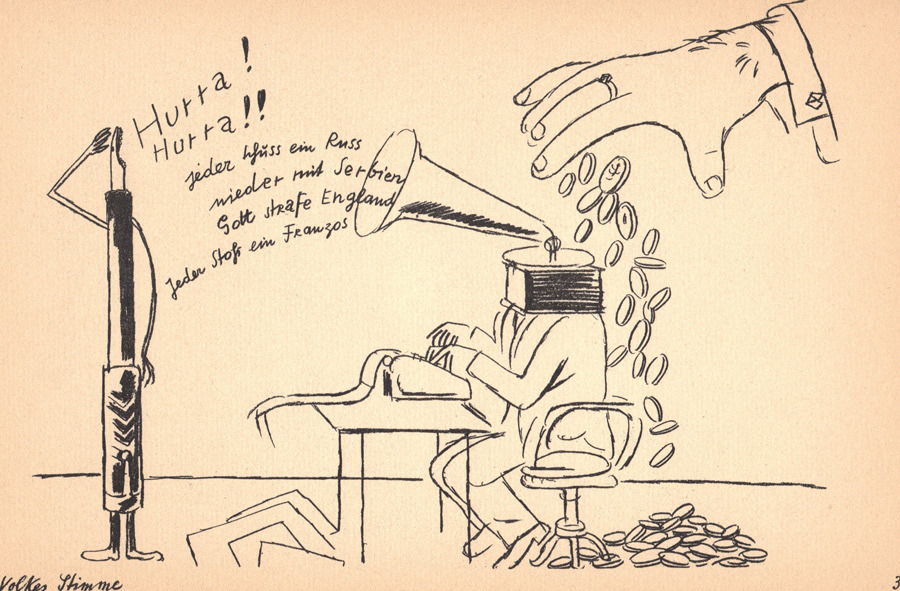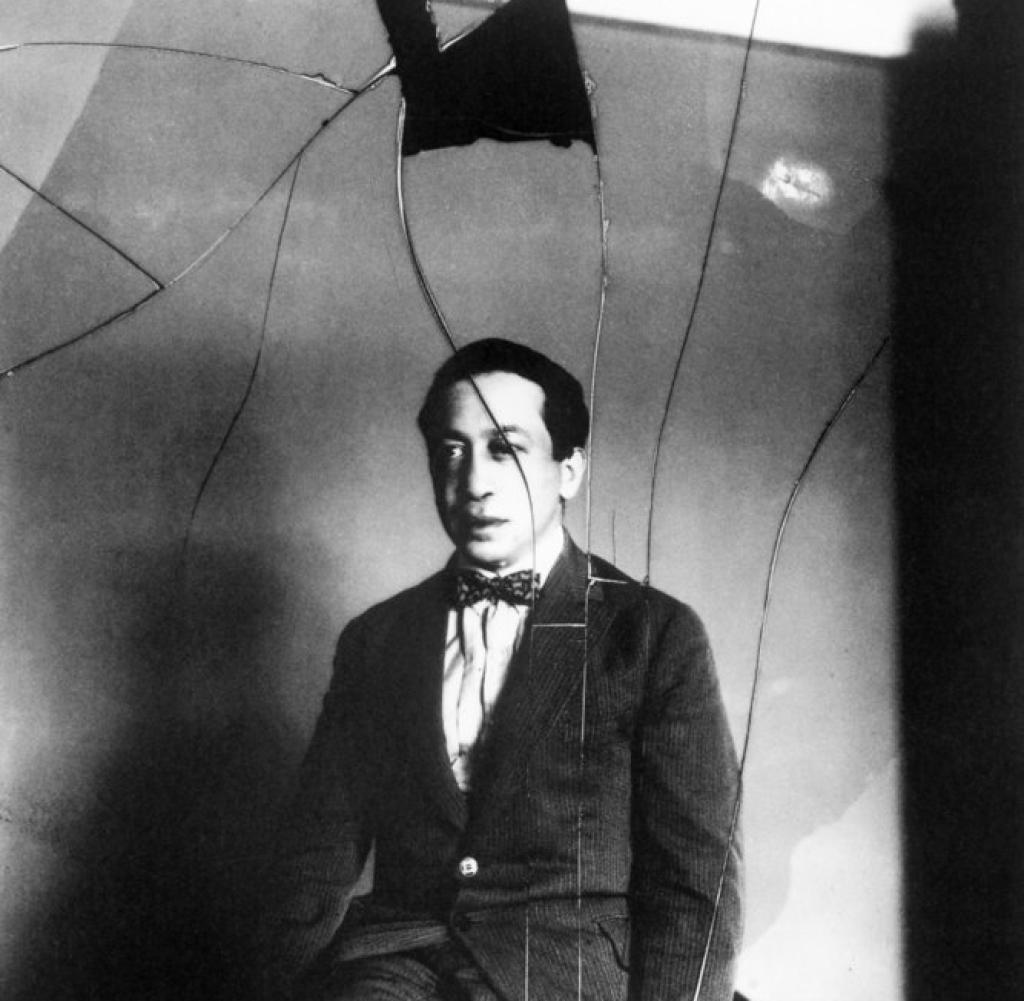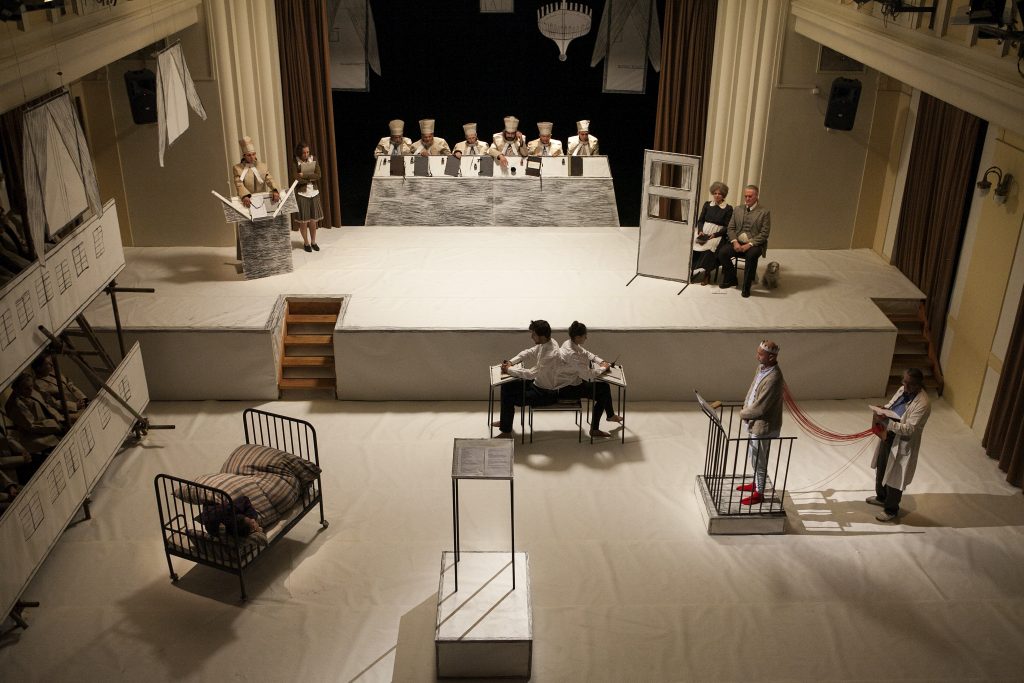Early in the hour-long film, “The Judicial Murder of Jakub Mohr,” the central protagonist, a patient in a psychiatric ward, shouts in Czech, “My words are not my own!” [“Moje slova nejsou moje!”]. He is on Kafka-esque trial for saying out loud what is visibly true: a series of wires—“Threads!” rebukes the prosecutor—extend from his back and connect to an ominous box, which is held by a man who in turn dictates in whispers what the patient says. At one point, Mohr lists to the jury in indignation what he has become: a gramophone, a radio, an instrument. He is something between human self and machine, a cyborg, his agency mediated by the state and psychiatric institution.










